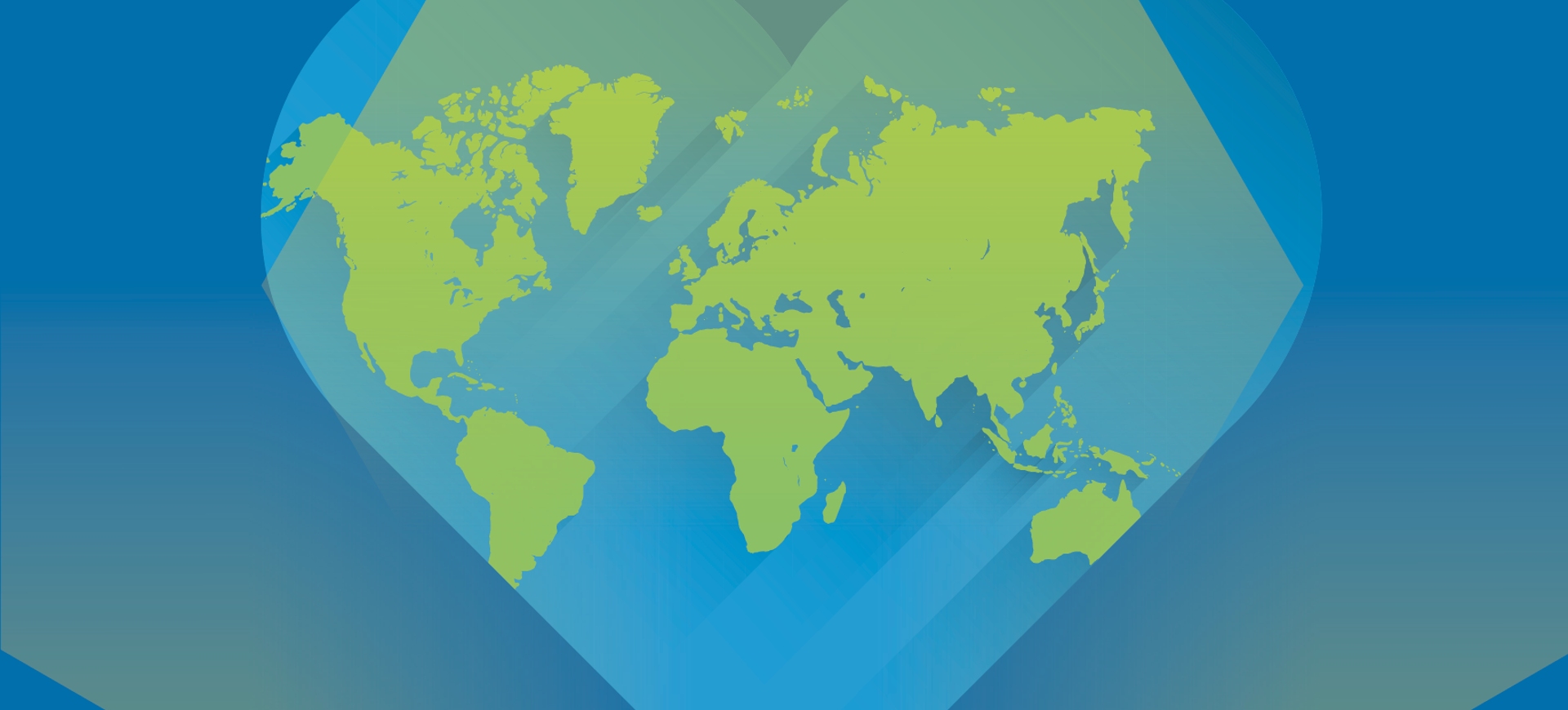Advocacy: Global health: a key political issue
In the wake of the COVID-19 pandemic, bringing together international bodies for investment in global health is more critical than ever before
A new challenge
The COVID-19 pandemic has made clear how important it is to convene science, politics, the private sector and civil society along with international organisations to enhance cooperation and explore innovative solutions. It has always been the goal of the World Health Summit – held annually in Berlin, Germany – to be a unique open forum to bring these actors together, to position global health as a key political issue and to promote the global health debate in the spirit of the UN Sustainable Development Goals: SDG 17 “Partnership for the Goals”.
A new context
However, the world is very different today compared to the global health context in 2009 when the WHS was founded on the occasion of the 300-year anniversary of Charité – Universitätsmedizin Berlin. The present geopolitical situation, which has made cooperation in global health more difficult, renders global fora for exchange and debate even more essential. The political divide and the increased inequity that have become a defining feature of the pandemic and our responses to it must be addressed openly and the political choices needed to overcome them must be put on the table.
A visionary leader: Rudolf Virchow
The WHS, housed on the campus where Rudolf Virchow, the founder of social medicine, made his historical mark, addresses these issues. There is probably no phrase in global health quoted more frequently than Virchow’s statement that “medicine is a social science, and politics is nothing more than medicine on a large scale”. The impact of the pandemic on the entire society and the political decisions made under great pressure to ensure population health and avoid economic breakdown are a testimony to Virchow’s farsightedness. The political aspect of global health is highlighted by the WHS patronage of the German chancellor, the French president, the president of the European Commission and the director-general of the World Health Organization.
A new partnership: The first WHS organised together with the WHO
The WHS has always worked in partnership with many organisations, but 2022 will be special. It will be the first WHS organised together with the WHO. This year, we are expecting heads of state and government, numerous ministers from all over the world, heads of international agencies, representatives of the G7 and the G20, the European Union and the African Union as well as the heads of major global health organisations, foundations and initiatives. The new venue in the centre of Berlin’s diplomatic quarter allows global health organisations and stakeholders to also organise their own events and bilaterals on-site. We also encourage our partners to consider launching programmes, reports or publications at the WHS 2022.
The WHS will focus on “Making the Choice for Health” by reflecting on some of the most pressing topics in global health, including:
- Investment for health and well-being
- Climate change and planetary health
- Architecture for pandemic preparedness
- Digital transformation for health
- Food systems and health
- Health systems resilience and equity
- Global health for peace
A strategic focus
A new strategic focus of the WHS 2022 is investment in global health. Therefore, we will bring key financial institutions, investors, donors and foundations together to discuss the investment in global common goods.
Multiple German ministries will be involved. Led by the German Federal Ministry of Health, the Ministries of Economic Cooperation and Development, Foreign Affairs, and Education and Research are involved in planning sessions and bringing partners to Berlin. We are proud to also host a special polio replenishment event together with the Global Polio Eradication Initiative.
A network of 30 leading health centres and research institutions in 20 countries, the M8 Alliance is the academic backbone of the WHS. The pandemic has shown the critical importance of a strong link between evidence and politics and of innovation and science to help find solutions for pressing global health problems.
An inclusive event
This year’s new venue will allow for more on-site attendance in Berlin with around 5,000 participants and 400 speakers. But as usual all sessions will also be available digitally, enabling people from around the world to participate. We are working closely with the WHO and other partners to significantly increase the participation from low- and middle-income countries and we will continue our commitment to gender parity.
Health for All is the goal – WHS 2022 is the event.












